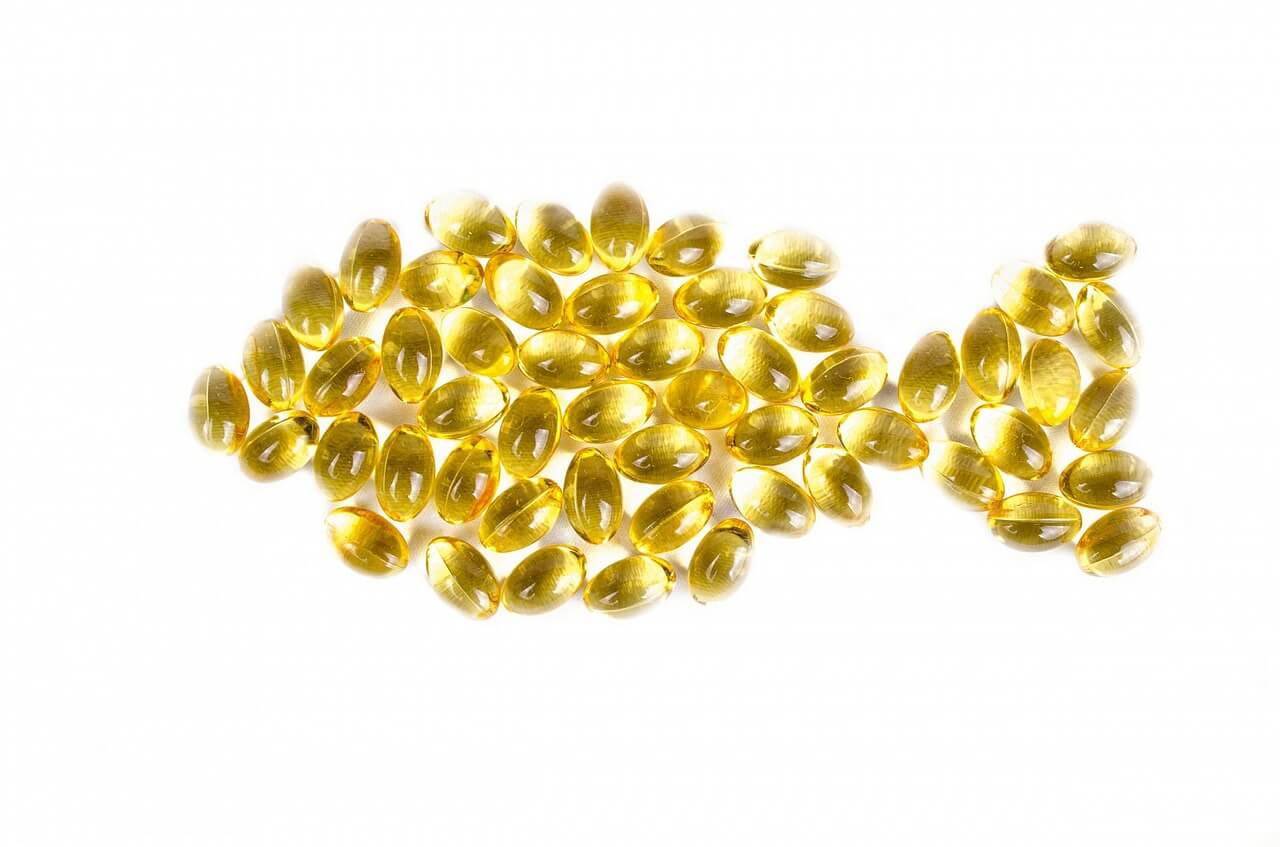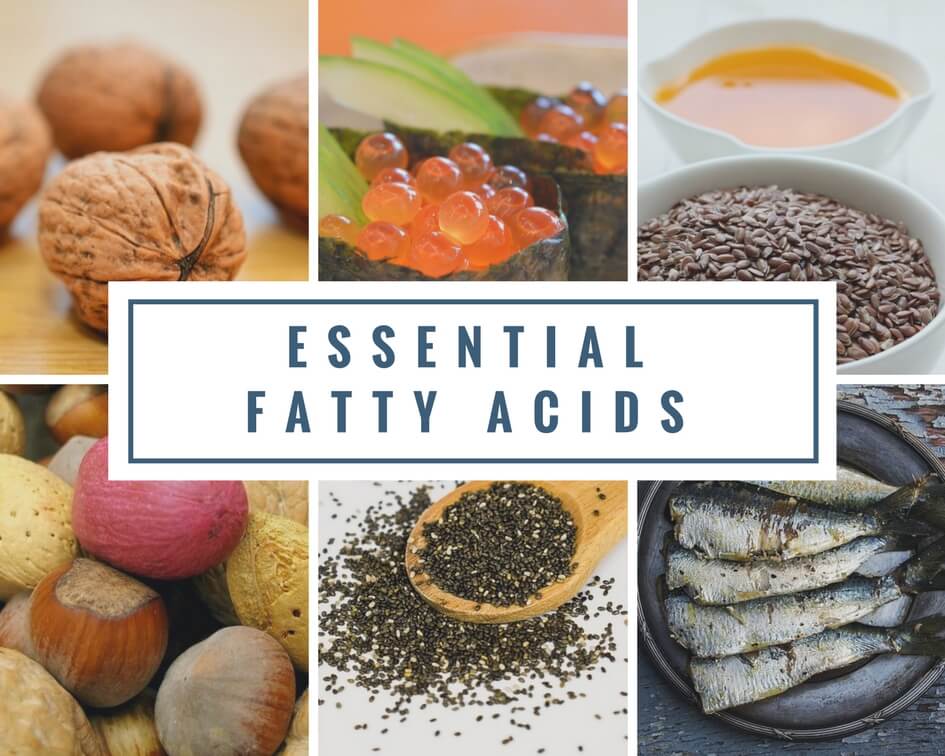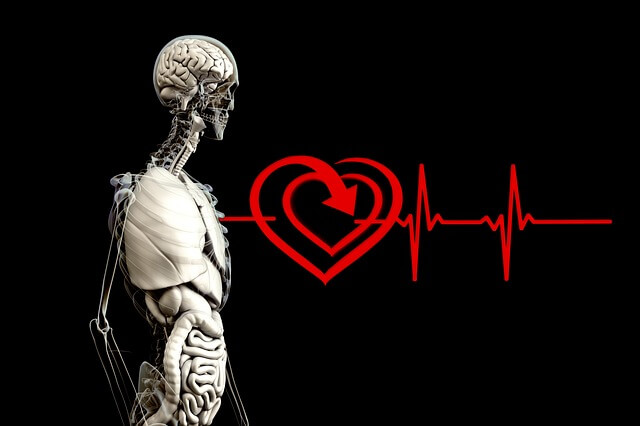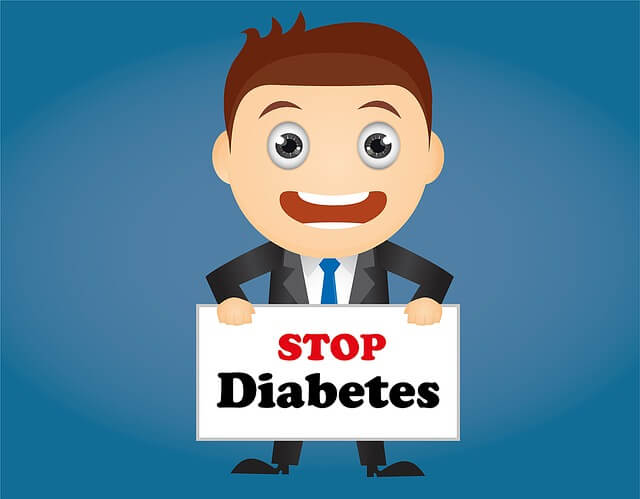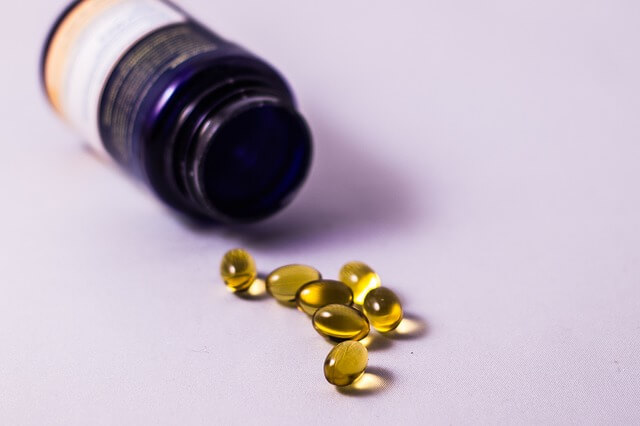We’ve all heard about them, but what exactly is the difference between the fatty acids Omega-6 and Omega-3? What are their health and weight loss benefits, daily ratios and which foods contain the most of each?
Right, you want to be in a good shape again! It is time to adjust your diet – abstain from fats! After all, fats are absolutely harmful in diets…right?
Wrong!
In this article we’ll be dealing with Omega-6 vs. Omega-3 and how can they benefit weight loss.
What are Omega-3 and Omega-6?
In today’s society, one key rule seems to be in force among diet enthusiasts: abstain from fats if you want to lose weight and to be in a perfect shape…actually it is not true! Actually we have to understand the different kinds of fats we eat.
I have no doubts many of you have already heard of saturated and unsaturated fats, and you know saturated fats are “bad”, whereas unsaturated fats are “good”, right? Correct! There are 2 kinds of unsaturated fats, mono-and poly-unsaturated; maybe you don’t know that, if we want our metabolism to work properly, we need specific amounts of poly-unsaturated fats, called “essential fatty acids”.
These essential fatty acids are:
- linoleic acid and
- alpha-linoleic acid,
commonly known as Omega-6 and Omega-3 fatty acids.
Trust in me when I say it makes sense to name them “essential”, as these two compounds can’t be synthesized by our body, and it is essential to assume them through nutrition.
Omega-6 vs. Omega-3
Why do we need the so-called “essential” fatty acids, if a few diet guidelines keep pointing out the right path to follow in order to lose weight is to abstain from fats?
Actually, Omega-6 and Omega-3 have lots of fundamental functions in the body.
They play a key role in the function of both brain and central nervous system.
Reliable scientific researches have shown both Omega-3 and Omega-6 may prevent serious diseases, like cardiovascular diseases.
You should be eating about twice as much Omega-6 as Omega-3, so that your Omega-6 to Omega-3 ratio is 2:1.
The evolution of fast food chains and the onset of bad eating habits have caused a drastic decrease in the assumption of these two compounds, above all in the more developed countries, and the insufficient supply of these fatty acids have affected health negatively, leading to such ailments as hair loss, vision impairment, brain disorders, delayed growth and learning difficulties.
These kinds of fatty acids have different properties.
Omega-6 health benefits
Omega-6 get taken in through meat and vegetal oils in our diet.
This kind of fatty acids, if taken in in the right ratio to Omega-3, takes part in key processes in our body, such as energy consumption and the metabolism of chemicals in the liver, besides being able to reduce the risk of cardiovascular diseases.
But, if exceedingly taken in, Omega-6 may increase fat deposits in our body, which in turn may harm coronaries.
Omega-6 rich foods:
Flaxseeds (and flaxseed oil), hempseeds (and hempseed oil), grapeseed oil, raw pumpkin and sunflower seeds, nuts, pistachios, acai, meat.
Omega-3 health and weight loss benefits
Omega-3 benefits are infinite. Omega 3 are important for the formation of cell membrane, thus proving crucial for eye-sight, brain and reproduction. There exist several scientific researches showing Omega-3 supplementation is highly beneficial.
Omega-3 seems to be promoting weight loss, reduce bad cholesterol (LDL) levels, the risk of diabetes, appetite and fat deposits, while increasing the levels of good cholesterol (HDL).
-
Type 1 diabetes
Eating a diet rich in Omega-3 fats may help keep high-risk children from developing type 1 diabetes, early research suggests.
Dietary intake of Omega-3 fatty acids was associated with a lower incidence of autoantibodies in the blood that signal the immune system to attack insulin-producing cells in the pancreas.
Omega-3 fatty acids are known to have anti-inflammatory properties, and inflammation is believed to play a major role in the development of type 1 diabetes through destruction of these insulin-producing cells.
“The thinking is that Omega-3 may increase the body’s ability to fight the inflammation that leads to type 1 diabetes,” researcher Jill M. Norris, MPH, PHD.
Source: webmd
-
Weight loss and fat burn
The study by the University of South Australia took 75 overweight and obese people (with other cardiovascular disease risk factors such as hypertension and high cholesterol levels) and split them into four groups. At the first split, half were given doses of tuna fish oil while the others were given the same amount of sunflower oil which contains no Omega-3. Both these groups were then split. Half taking no extra exercise while the others completed three 45-minute runs, at 75% of their maximum heart rate, each week. The participants were encouraged not to otherwise change their diet.
After 3 weeks, three of the groups showed little change. However, the group that were given the fish oil and had done the exercise showed a decrease in body fat percentage plus an average 2kg/4.5lb weight loss.
The results seem more impressive given that no other changes to eating habits were made. Also, the exercise ‘regime’ was not much more than the recommended levels for everyone; not just those trying to lose weight. When combined with a calorie-counted diet and increased exercise, the effects of fish oil on weight loss could prove substantial.
It is believed that Omega-3 oil improves the flow of blood to the muscles during exercise and helps to stimulate enzymes which transport fat to where it can be used up for energy.
Source: weightlossresources
-
Training performance and recovery
Not only do Omega-3 give long-term health benefits, but they may also improve athletic performances. This is possible as Omega-3 improve the flow of blood to the muscles during exercise and helps to stimulate enzymes which transport fat to where it can be used up for energy.
What is more, Omega-3 may improve the recovery phase after training! Actually Omega-3 boast highly anti-inflammatory properties which reduce tissue stress. People who are physically active may then benefit from Omega-3 supplementation.
-
Cholesterol in the blood
Both aerobic exercise and fish oil intake may help lower cholesterol levels in the blood; and it is known that high LDL cholesterol levels may dramatically increase the risk of cardiovascular diseases risk, whereas increased HDL cholesterol levels may lower that risk.
Omega-3 rich foods
There exist a few Omega-3 key sources in our nutrition; the main example is fatty fish like trout, mackerel, salmon and herring. Health organizations suggest we should eat at least a portion of fatty fish a week! Not only that, but also soy beans, walnuts and chia seeds are good Omega-3 sources.
Omega-6 and Omega-3 ratios
Nutritionists suggest we should be eating about twice as much Omega-6 as Omega-3, so that our Omega-6 to Omega-3 ratio should be 2:1.
The truth is nowadays the ratio is 20:1.
The human body can’t transform Omega-6 in Omega-3, thus such imbalance may lead to cancer and cardiovascular diseases. The easiest yet important thing you can do is to limit Omega-6 assumption, abstaining from processed seeds and vegetal oils. Actually, it is essential to keep the correct ratio between these two fatty acids, by giving priority to Omega-3 consumption in our diet!
Omega-3 and Omega-6 fatty acids are essential throughout our life and should be part of everybody’s nutrition. Now you know what they are, the right ratios and how they work in our body, you can stop abstaining from all fats in your diet! Remember that taking in “healthy fats” from fish and dried fruits may actually help you lose weight! Not only that, you will also get lots of benefits for your health and general wellbeing!!!
Sometimes an optimally Omega-6 and Omega-3 rich diet is hard to achieve, as a busy lifestyle and supermarket food shopping often means we’re not getting the nutrients we need. Taking a potent, high-intensity supplement can therefore reinforce our diet, boosting our health and supporting our fitness and weight loss.
Some of the popular Supplements containing Omega-6 and Omega-3 fatty acids:
Maxmedix Omega3 – Natural Vegan Omega3 Supplement – A revolutionary new source of Omega-3: algae oil. Suitable for vegans and vegetarians and is gluten and dairy free.
Maxmedix Antarctic Krill Oil Softgels – Pure & Sustainable Omega-3 – Antarctic Krill Oil is harvested from pure, uncontaminated Euphausia superba, the foundation of all ocean life. This superior, premium supplement naturally has a rich combination of EPA, DHA, Astaxanthin and Choline. High-strength, 1000mg doses of oil aim to support cardiovascular and cognitive functions, even targeting post-workout recovery, helping achieve a reinvigorated, healthier body.
Ora Organic Plant-based Omega-3 – The first ever omega-3 spray, delivering 1000mg of vegan omega-3 per serving. Sustainably sourced from microalgae farmed in pure waters outside of the oceans, and thus free of mercury, pesticides, PCBs, heavy metals and other ocean pollutants. Formulated with MCT Oil from coconut to deliver nutrients quickly to the brain as well as organic sunflower lecithin, a phospholipid, to aid in omega-3 absorption and bioavailability.
BulkSupplements Omega 3-6-9 Softgels – A natural source of healthy omega fatty acids, these softgels contain fish oil, flaxseed oil and evening primrose oil to benefit heart health, mood, and reduce inflammation.
Thank you for reading Fatty acids Omega-6 vs. Omega-3: difference, health and weight loss benefits, ratios and foods, and if you find this article useful, please comment below and share it so other people can benefit from it as well!

